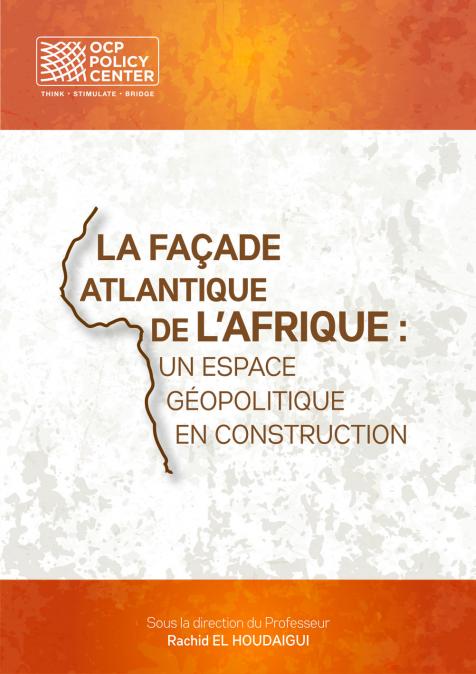Podcasts
De l’Alliance à la Confédération des Etats du Sahel : évolution ou révolution ?
05
April
2024
Related topics:
L'Alliance des États du Sahel (AES), créée en 2023 par le Mali, le Niger et le Burkina Faso, vise à unir leurs forces pour contrer les menaces sécuritaires dans la région. Surnommée "Liptako-Gourma", l'alliance projette de se transformer en confédération avec une force de défense commune. Cependant, sa pérennité dépendra de plusieurs facteurs tels que les changements politiques et l’engagement des parties prenantes à long terme. Dans cet épisode, Mohamed Brick interroge notre expert en sécurité et Senior Fellow, Abdelhak Bassou, pour analyser le contexte de création de cette alliance, son évolution et ses implications potentielles.








